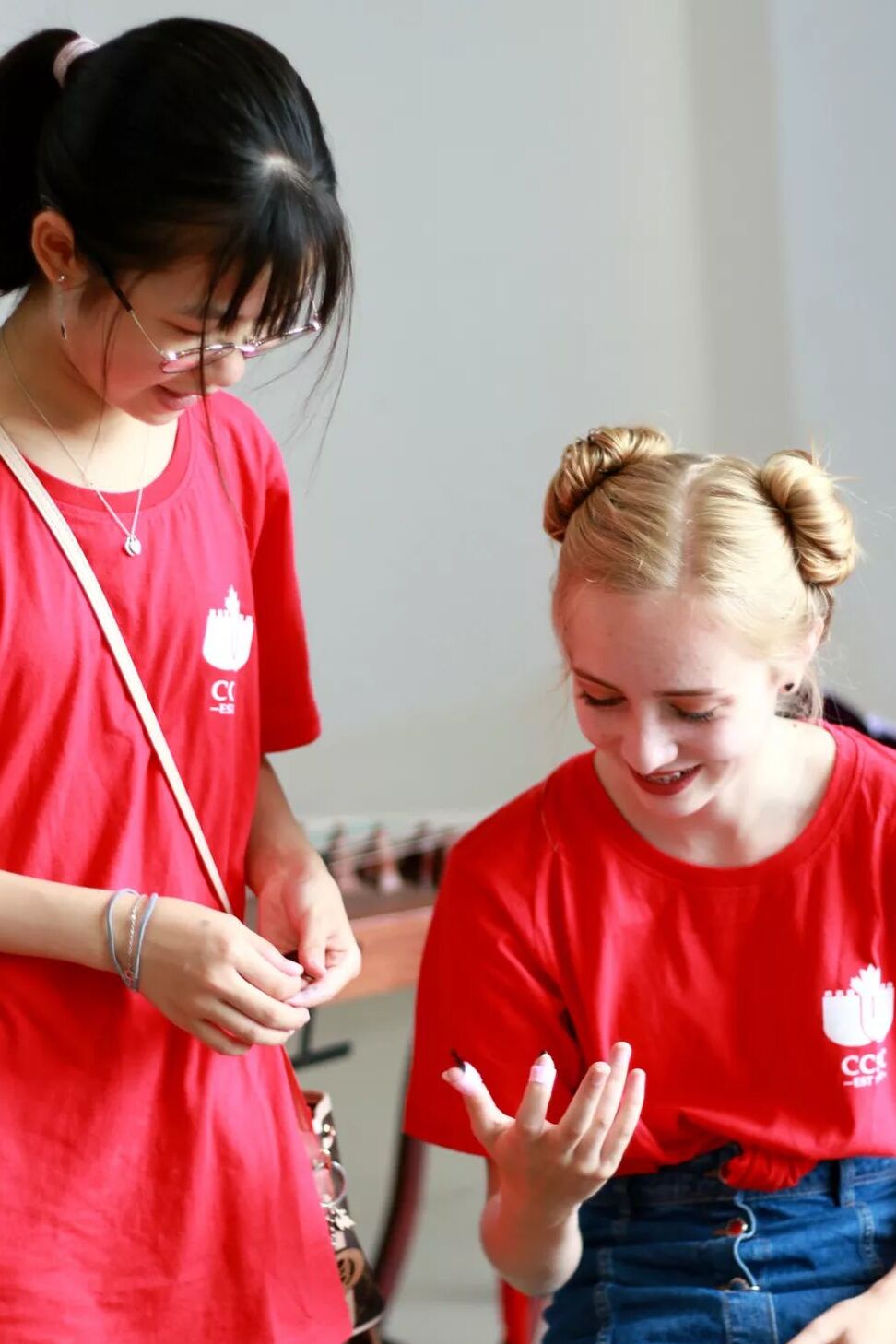Tai Chi is an excellent form of exercise, especially for the elderly when it comes to balance. It combines slow Tai Chi For Health , controlled movements that can enhance physical stability and mental calm.
Tai Chi Basics
The initial tai chi movements are simple yet effective. For example tai chi balance exercises for the elderly , the slow shifting of weight from one leg to another helps the elderly practice balance. This is not an intense movement, but it steadily trains the body. Another basic is the gentle rotating of the waist, which further aids in stability. These movements can be easily integrated into an elderly person's daily routine.
Tai chi also has specific stances. Standing in these stances helps build strength in the legs and core, which are essential for balance. The proper form encourages a centered and stable posture, much like a tree firmly rooted to the ground.
Benefits for Mobility
Tai chi promotes fluid movement. In old age Tai Chi Courses Online , joints can become stiff. The smooth actions of tai chi work on joint flexibility. As the elderly perform tai chi, their joints get a gentle workout. This can lead to improved range of motion.
It also reduces the fear of falling. When balance improves, the worry of taking a bad fall decreases, allowing the elderly to be more confident in their movements, whether it's walking around the house or going for a short stroll outside.
Enhancing Concentration
Tai chi requires focus. While doing the moves, the mind has to be in the present. This mental concentration can improve balance. For the elderly, it can be a form of meditative exercise. They need to pay attention to their breath and body position .
This concentration also has carry – over effects in daily life. When an elderly person practices being focused during tai chi, it becomes easier for them to stay attentive in other tasks, like climbing stairs safely.
Social Aspect

Tai chi is often practiced in groups. This social interaction is important for the elderly. They can talk to their peers and exchange experiences about improving balance. In the group setting, there's also an incentive to keep up with practice.
The group also provides a safer environment to practice as there are others around to give support if needed.
Do you have an elderly family member who has tried tai chi for balance? If so, share your experience in the comments. Also, if you found this article helpful, please like and share it..



Leave a Reply